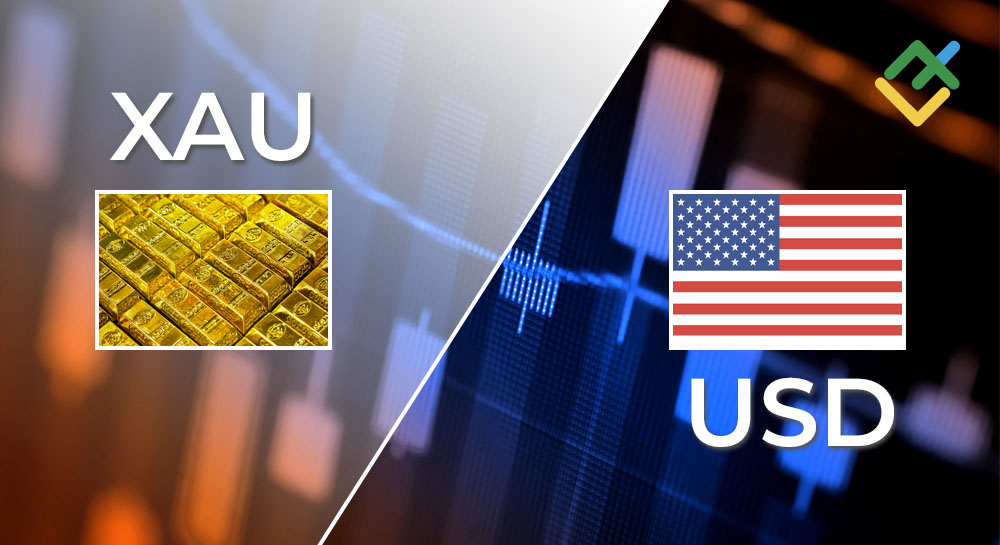
By Alex Lawler, Ahmad Ghaddar, Maha El Dahan and Olesya Astakhova
LONDON/DUBAI (Reuters) -A meeting of top OPEC+ ministers has kept oil output policy unchanged including a plan to start raising output from December, while also emphasising the need for some members to make further cuts to compensate for overproduction.
Several ministers from the Organization of the Petroleum Exporting Countries and allies led by Russia, or OPEC+ as the group is known, held an online joint ministerial monitoring committee meeting (JMMC) on Wednesday.
“The JMMC emphasized the critical importance of achieving full conformity and compensation,” OPEC said in a statement after the meeting. “Furthermore, the Committee will continuously assess market conditions.”
Oil prices dropped below $70 a barrel in September for the first time since 2021, but have since rallied above $75 on concerns a possible escalation in the Middle East following Iran’s military attack on Israel could disrupt output from the region.
OPEC+ is cutting output by a total of 5.86 million barrels per day (bpd), or about 5.7% of global demand, in a series of steps agreed since late 2022.
The group plans a 180,000 bpd increase in December as part of a gradual unwinding of its most recent layer of voluntary cuts extending into 2025. The hike was delayed from October after prices slid.
Countries’ compliance was in focus at the meeting, sources who attended told Reuters, and is expected to remain so in coming weeks, particularly that of Iraq and Kazakhstan.
Those nations have promised what are known as compensation cuts of 123,000 bpd in September and more in later months to make up for their previous over-production.
Iraq, Kazakhstan and Russia told the meeting that they had delivered on their promised cuts in September, the OPEC statement said.
But this will have to be verified by the second week of October by secondary sources – the consultancies and price reporting agencies that the group uses for determining its members’ output levels, the statement added.
An OPEC+ source told Reuters last week that clarity on whether the compensation cuts were made in September would allow the December increase to go ahead.
However, a lack of compliance could prompt Saudi Arabia and others to raise output even faster from December, analysts said.
“If they fail to comply, we can envision a swifter sunsetting of the voluntary cuts,” Helima Croft of RBC Capital said in a report.

The JMMC, which groups the oil ministers from Saudi Arabia, Russia and other leading producers, usually meets every two months and can make recommendations to change policy.
It will hold its next meeting on Dec. 1, ahead of a full meeting of OPEC+.
This post is originally published on INVESTING.



